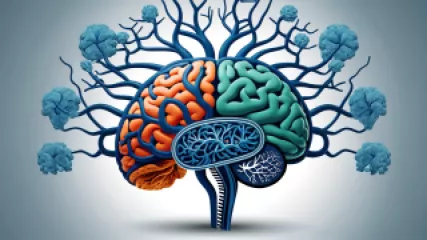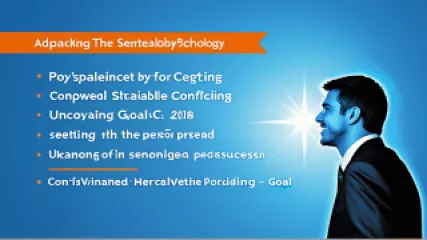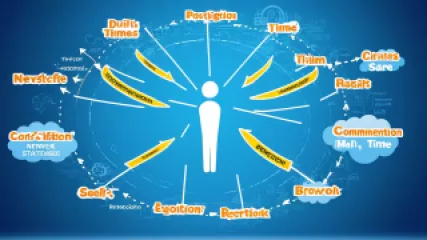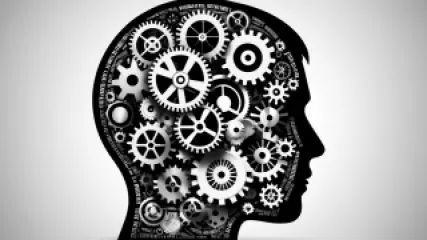The Ultimate Guide to Cultivating Grit
1 anno fa
Coltivare la Tenacia
The Art of Nurturing Perseverance: A Step-by-Step Guide to Cultivating Grit
1 anno fa
Coltivare la Tenacia
Exploring the Mind-Body Dichotomy: A Research Summary
1 anno fa
Dicotomia Mente-Corpo
Unlocking the Secrets of Success Psychology: A Step-by-Step Guide
1 anno fa
Psicologia del Successo
Exploring the Intersection of Philosophy and Psychology: A Research Summary
1 anno fa
Filosofia e Psicologia
10 Steps to Achieving Success with Psychology
1 anno fa
Psicologia del Successo
10 Proven Strategies for Mindful Success Coaching
1 anno fa
Psicologia del Successo
The Persuasive Power of Psychology: A Deeper Dive
1 anno fa
Psicologia della Persuasione
Cultivating Grit: 5 Life-Changing Lessons from Inspiring Movies
1 anno fa
Coltivare la Tenacia
Bridging the Mind-Body Divide: A Holistic Perspective
1 anno fa
Dicotomia Mente-Corpo
Mastering Emotional Intelligence Basics: A Step-by-Step Guide
1 anno fa
Nozioni di Base dell'Intelligenza Emotiva
Why Understanding Emotional Intelligence Basics is Crucial
1 anno fa
Nozioni di Base dell'Intelligenza Emotiva
Learning Empathy Development through Books and Movies
1 anno fa
Comprendere gli Stati d'Animo
Top 10 Signs of Self-Sabotage You Shouldn't Ignore
1 anno fa
Comprendere l'Auto-Sabotaggio















